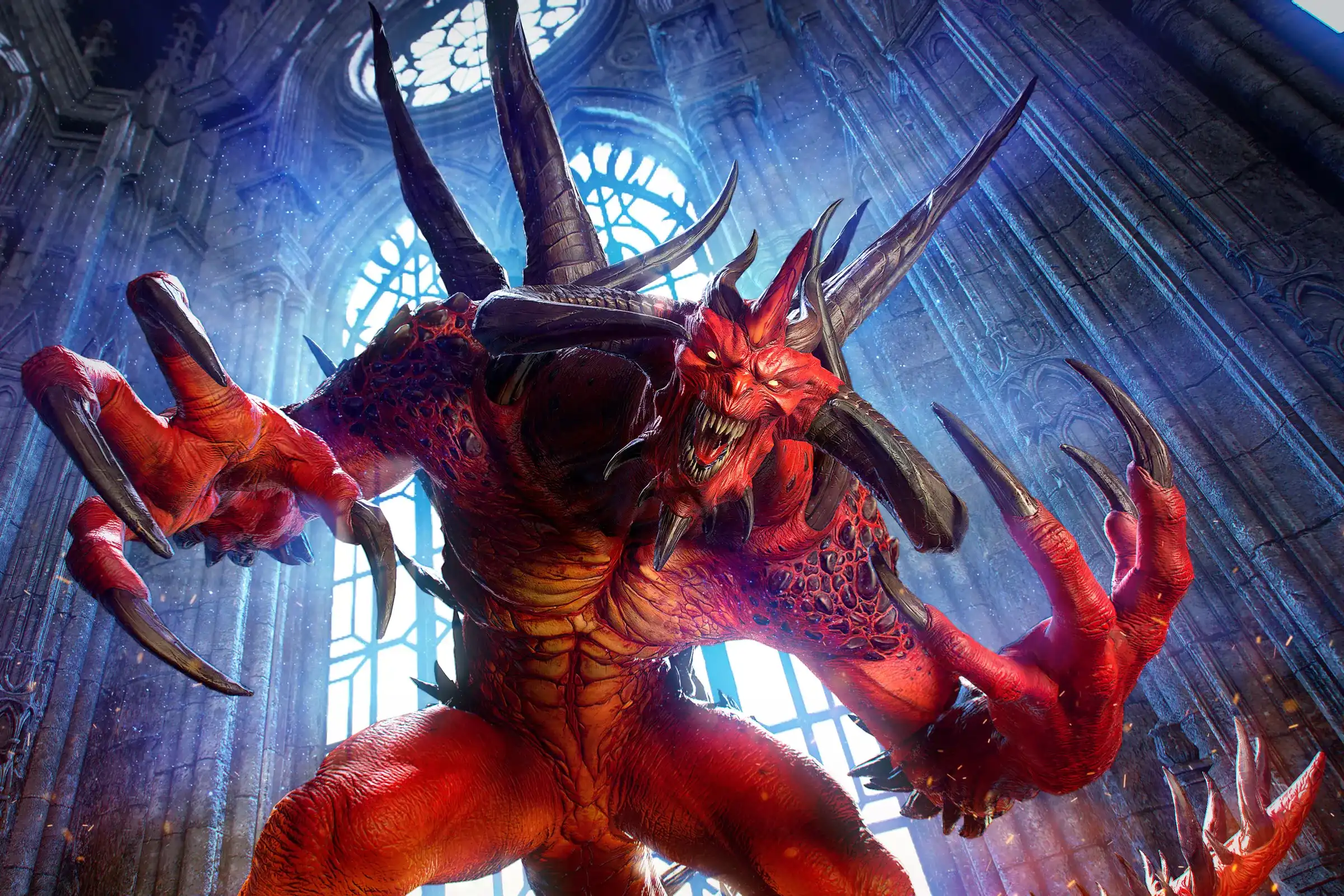The Diablo franchise, created and managed by Blizzard Entertainment, has long been a staple in the world of action role-playing games (RPGs). Originating in 1996, the series is heralded for its dungeon-crawling adventures, meticulous character progression, and deep lore. However, the landscape of gaming has shifted considerably in recent years, embracing new economic models that increasingly rely on in-game purchases. This monetization strategy has seeped into the Diablo universe, leaving some players frustrated and concerned about the future of the game. One such issue of contention is the introduction of shop-only armor mogs.
Armor Mog: A Brief Overview
Before we dive into the core frustrations, it's crucial to understand what armor mogs are. In gaming, the term "mog" or "transmogrification" refers to the cosmetic customization of a character's armor and weapons. These mogs don't contribute to a character's stats but instead alter their appearance. In the context of Diablo, armor mogs allow players to change how their equipment looks without affecting its in-game performance.
Shop-Only: A Monetization Shift
Traditionally, armor mogs were items or features that could be unlocked by playing the game. Players earned them through quests, defeating enemies, or other in-game activities. However, the recent focus on shop-only armor mogs has sparked a heated debate among the Diablo community. Now, some armor mogs can only be purchased through an in-game shop, often with real money or a premium in-game currency.

For many fans of the series, this decision marks a departure from the Diablo franchise's roots, which prioritized skill, dedication, and in-game activities over external purchases. Blizzard’s move toward monetizing cosmetic items directly affects the community’s perception of the game's fairness and value.
The Frustrations Detailed
Exclusivity and Paywalls
One of the primary frustrations expressed by players is the notion of exclusivity. Armor mogs that are only available through the in-game shop essentially create a paywall for content that many believe should be accessible through gameplay. This exclusivity detracts from the sense of accomplishment that comes from earning these items and creates a division between players who are willing to pay for these cosmetics and those who are not.
Altered Game Dynamics
The introduction of shop-only armor mogs has implications for the game dynamics as well. Historically, Diablo games have been about the thrill of the hunt: venturing into unknown territories, slaying monsters, and collecting loot. The intrinsic reward system is built on the randomness and the excitement of what the next chest or enemy might yield. But when key elements like armor mogs are removed from this loop, it impacts the fundamental reward structure that has been a cornerstone of the Diablo experience.
Community Response
Many veteran Diablo players see the introduction of these shop-only armor mogs as a betrayal, interpreting it as a shift towards a more commercialized, less player-centric model. Gaming forums and social media platforms are replete with long discussions and debates over this issue. Notable influencers within the gaming community have also taken a stance, with some even calling for boycotts of shop-only items. For an in-depth analysis on how monetization strategies affect player experiences in RPGs like Diablo, you can read this article.
A Possible Way Forward
Amidst this rising discontent, some players suggest that Blizzard could offer a middle-ground solution. The company could introduce a system where premium armor mogs could be acquired both through the shop and in-game activities, albeit at a slower pace for the latter. This would help to preserve the traditional gameplay loop, while also providing an option for players who prefer instant access.
Final Thoughts
The introduction of shop-only armor mogs in Diablo has ignited a complex dialogue about the balance between monetization and player experience. As the landscape of gaming continues to evolve, so too will the challenges faced by developers in maintaining the integrity of their creations while also achieving financial success. The real question here is whether the introduction of these premium features is a necessary evolution or a departure from the principles that made Diablo a beloved franchise. As the gaming industry marches forward, developers and players alike will need to navigate these questions carefully, balancing financial incentives with the core values that connect us to these digital worlds.
For more insights into the changing dynamics of popular games like Diablo, you can visit The Gamer Chronicles.